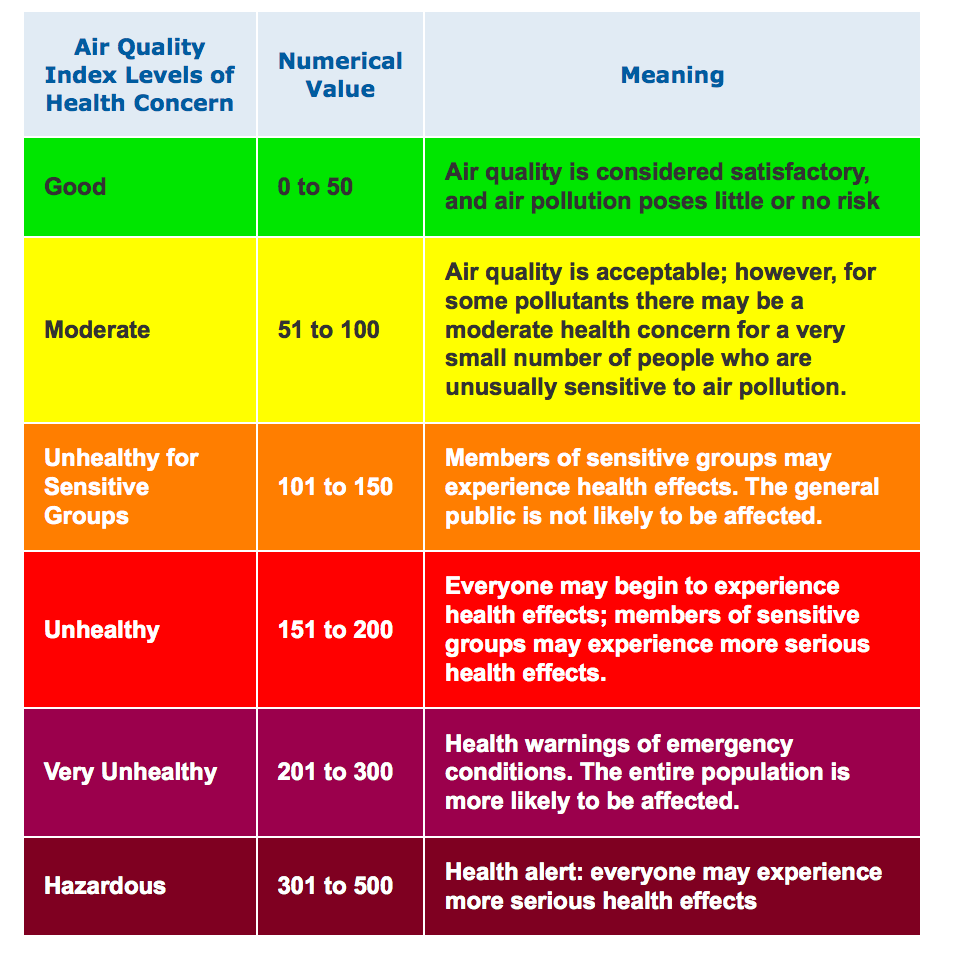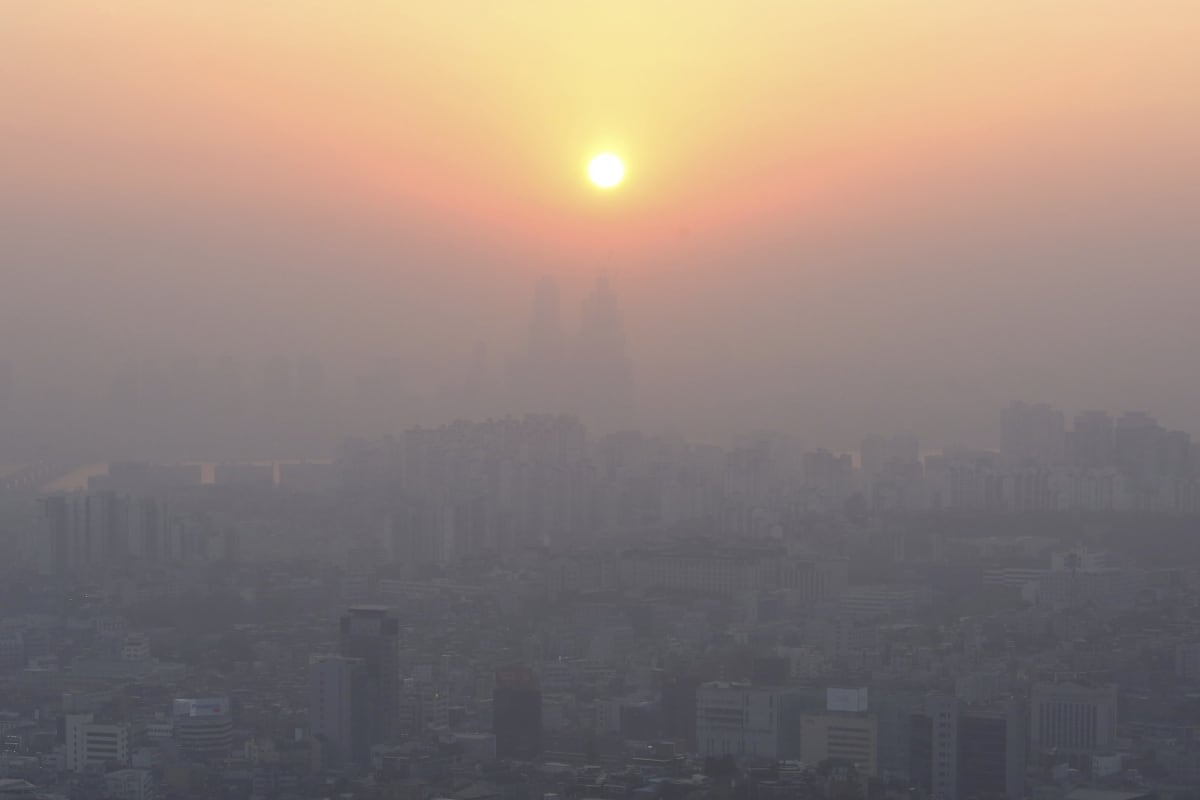The South Korean government puts out air quality warnings when hovering fine dust gets to dangerous levels, encouraging residents to wear masks for protection. But until recently, American soldiers serving there weren’t allowed to use them. Airmen were, however, and have been since 2017.
Until now. In an undated memo posted Monday to U.S. Forces Korea’s Facebook page, Gen. Robert Abrams authorized protection on days when particulate matter makes air quality index “orange” or worse, based on a color-coded scale put together by the U.S. Environmental Protection Agency.
“Masks must be solid black and must cover both mouth and nose at all times during wear, but may not cover ears or eyes,” Abrams wrote in the memo. “Military personnel electing to wear masks during elevated PM events must follow all manufacturer instructions for proper wear and maintenance of their masks. Masks must be removed when entering security checkpoints for identity verification purposes.”

The masks must have a filtration rating of N-95 or higher, per the National Institute of Occupational Safety and Health, or at least KF-94, the certification by the Korean Ministry of Food and Drug Safety. Those are considered effective at blocking up to 95% of particles.
“When fitted improperly or worn without regard to manufacturer’s recommendations, N95 masks likely provide suboptimal to little protection from PM,” the memo said.
They can’t be worn indoors, however, Abrams added.
RELATED

The memo refers to the EPA multiple times, pointing out that the agency doesn’t make recommendations about wearing masks to protect against bad air quality. The color-coded system, from green to crimson, does however suggest reducing outdoor physical activity ― or time spent outside at all ― based on the levels of particulate matter.
Service members with heart disease, lung disease or diabetes shouldn’t exert themselves outdoors when levels reach orange. For the general public, it’s red.
The South Korean government has been scrambling to deal with the air quality issue, as particulate matter has reached record high levels in the past month, the Guardian has reported.
Meghann Myers is the Pentagon bureau chief at Military Times. She covers operations, policy, personnel, leadership and other issues affecting service members.





